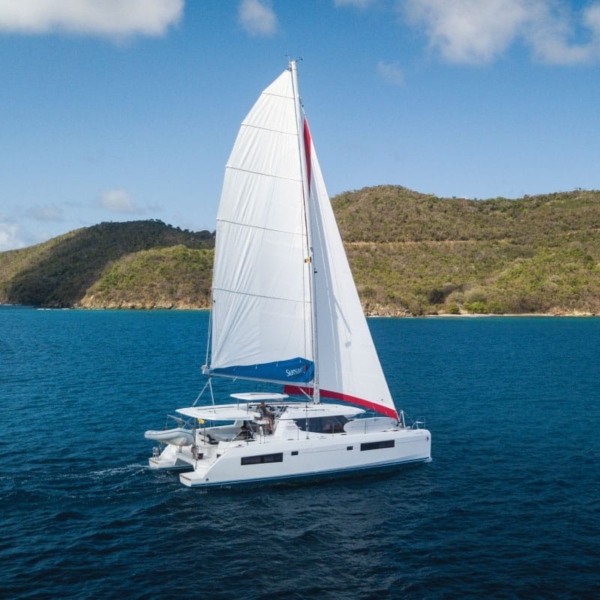The International Proficiency Certificate FAQ’s
Chartering your own sailboat in a new destination is a rite of passage for most sailors. The freedom to sail your own plan and set your itinerary is a dream come true for anyone who has ever tossed the lines and held onto the mainsheet.
Are you qualified to Bareboat Charter? That is a question that charter companies will ask when deciding whether or not to charter one of their vessels to you. In the Caribbean, charter companies will often use your ASA logbook, certifications, and sailing resume as evidence of your sailing experience. In Europe, the standard is the International Certificate of Competence. Since it isn’t easy for a US-based sailor to obtain an ICC, the ASA has an agreement with Mediterranean charter companies to provide a certification similar to the ICC called the International Proficiency Certificate (IPC), and you can apply for one online in minutes.
We have compiled a list of Frequently Asked Questions about the International Proficiency Certificate to help you on your journey.
IPC FAQ
What is the IPC?
The IPC serves as an equivalent to the ICC, providing proof of bareboat charter competency for Mediterranean chartering companies. This certificate is mandatory when chartering in most European / Mediterranean waters.
An International Proficiency Certificate indicates that you have a certain level of proficiency and competency to safely operate a type/size of vessel. Please note that any certification should also be paired with the appropriate sailing resume and you should check with your intended charter company to verify what they require.
Do I need an IPC to sail in the Med or internationally?
This certificate is mandatory when chartering in most European / Mediterranean waters. ASA strongly recommends you apply for an International Proficiency Certificate if you are chartering in the Mediterranean as well as the inland waterways of Europe and northern Europe.
What countries does the IPC work in?
American Sailing’s IPC is mainly meant for countries that do not accept the UNECE’s ICC (International Certificate of Competency) but still want certified proof of Bareboat competency. These countries for the most part are in Mediterranean waters. Charter companies in the following countries have been known to accept American Sailing’s IPC:
Belarus, Croatia, France, Greece, Italy, Poland, Portugal, Spain, and Turkey.
NOTE: We highly recommend you check with your charter company before you book the charter to know whether or not they will accept the IPC as proof of bareboat competency.
Do I need an IPC if I’m using my own boat / motorboat?
No. These certifications are typically utilized by charter companies. However, you should inform yourself on the boating rules and regulations of the regions you plan on sailing in.
What do I need to do to get the IPC?
You must meet the following requirements:
- Be a member in good standing (Current)
- Provide a photo for the certificate that meets the same requirements as a passport photo.
- Be certified through at least ASA 104, Bareboat Cruising, in order to be eligible to apply for an International Proficiency Certificate. Your certifications should include:
How long does the IPC last for?
The IPC is valid for 5 years from date of issue.
Ready to Charter in the Mediterranean?
Let’s go!












